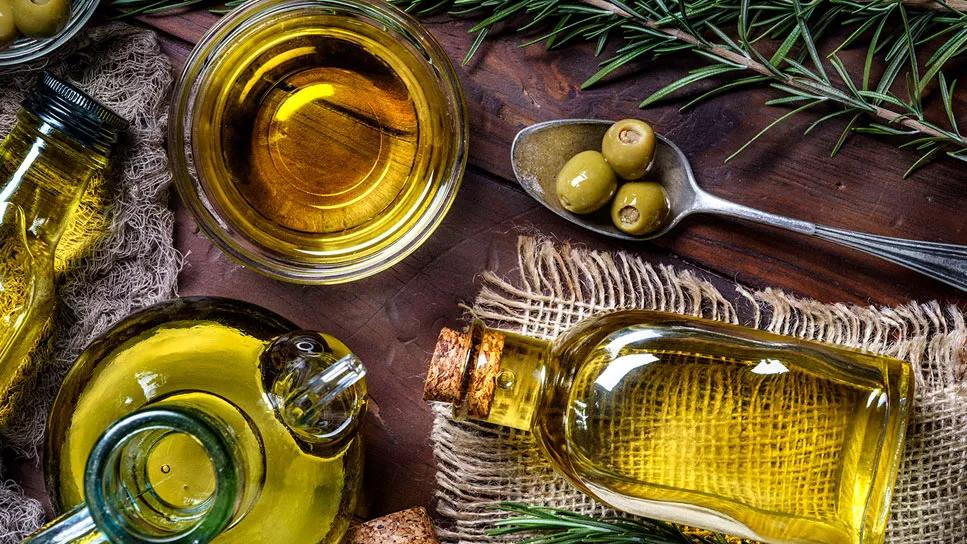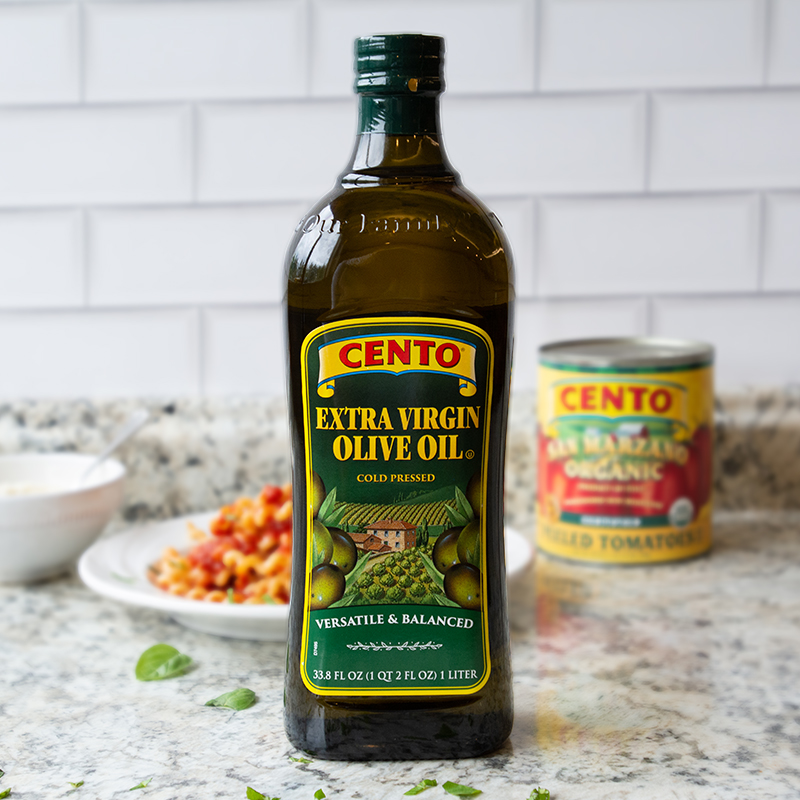Surprising Extra Virgin Olive Oil Benefits You Need to Know
Wiki Article
Discovering the Different Kinds of Olive Oil and Their Uses, Consisting Of Extra Virgin Olive Oil
The exploration of olive oil includes a diverse variety of types, each offering cooking applications and distinct flavors. Bonus virgin olive oil, renowned for its exceptional high quality and health and wellness advantages, serves as a staple in many kitchen areas, yet it is only one aspect of this multifaceted ingredient.What Is Olive Oil?
Stemmed from the fruit of the olive tree, olive oil is a staple in Mediterranean food and an essential component in various cooking applications. This functional oil is created by pressing whole olives, causing a liquid that varies in aroma, taste, and color depending on the sort of olives made use of, the area of farming, and the removal procedure. Olive oil is primarily made up of monounsaturated fats, particularly oleic acid, which is understood for its prospective health benefits, including anti-inflammatory residential properties and cardio assistance.In addition to its culinary usages, olive oil has a lengthy history of application in traditional medicine and skincare, owing to its abundant antioxidant web content (extra virgin olive oil benefits). The oil is often utilized in dressings, marinates, and for cooking approaches such as sautéing and roasting. Its unique flavor profile can improve the taste of various dishes, making it an important ingredient for both home cooks and expert chefs
Furthermore, olive oil is celebrated for its duty in the Mediterranean diet regimen, which is related to many health advantages. As understanding of these advantages expands, olive oil remains to get appeal worldwide as a basic part of a healthy and balanced way of living.
Sorts Of Olive Oil
Understanding the various kinds of olive oil is important for both cooking fanatics and health-conscious consumers. Olive oil is classified primarily based on its extraction method and top quality, which dramatically affects its flavor, wellness, and scent advantages.
Light olive oil, in spite of its name, describes a lighter taste and not reduced calories. It is excellent for those looking for a much more subtle taste in dressings and marinates. Furthermore, there are flavorful olive oils instilled with herbs, spices, or citrus, which can enhance dishes without the demand for additional spices.
Each kind of olive oil offers details cooking purposes, and recognizing these distinctions permits customers to make enlightened selections that align with their cooking designs and wellness goals.
Extra Virgin Olive Oil
Bonus virgin olive oil (EVOO) is widely considered the best quality olive oil offered, renowned for its abundant flavor and countless health and wellness advantages. To be categorized as added virgin, the oil should be produced from fresh olives using mechanical processes, without the use of solvents or excessive heat. This thorough technique protects the oil's natural tastes, anti-oxidants, and healthy and balanced fats, causing an item her response with a reduced acidity level of less than 0.8%.EVOO is bountiful in monounsaturated fats, especially oleic acid, which is linked to reduced swelling and improved heart health. It likewise includes polyphenols, powerful anti-oxidants that might supply protective effects versus chronic conditions. The flavor profile of EVOO can differ significantly relying on the olive variety and region of manufacturing, ranging from verdant and fruity to robust and peppery.

Culinary Use Olive Oil

In food preparation, olive oil can be made use of for sautéing, roasting, and grilling, providing a much healthier choice to butter or various other fats. Its high smoke factor makes it appropriate for numerous cooking methods, while its anti-oxidants contribute to a heart-healthy diet. Drizzling olive oil over finished meals, such as pasta, fish, or barbequed vegetables, can raise tastes and add a touch of elegance.
In addition, olive oil plays a substantial function in cooking, where it can change typical fats in recipes for bread and pastries, presenting dampness and a subtle taste. It also works as a base for instilled oils, enabling cooks to experiment with tastes such as garlic, herbs, or chili, additionally broadening its culinary potential. Overall, olive oil's flexibility makes it essential in both home and expert cooking areas.
Picking High Quality Olive Oil
When choosing high quality olive oil, it's necessary to take into consideration several essential elements that influence the item's aroma, flavor, and wellness benefits. Firstly, go with added virgin olive oil (EVOO), which is stemmed from the why not try these out initial cool pushing of olives and has the highest possible degrees of anti-oxidants and helpful substances. Seek oils that are licensed by acknowledged companies, as this commonly guarantees adherence to rigid high quality requirements.The packaging also plays a significant function in protecting the oil's honesty. Pick oils stored in dark glass containers or tins to secure against light deterioration. Focus on the harvest date; fresher oils offer remarkable flavor and dietary value, so select items that are within 18 months of their harvest.
Be conscious of the taste; a good quality olive oil ought to have a balance of fruity, bitter, and sharp notes, indicating its splendor and complexity. By evaluating these variables, you can ensure you are picking the ideal olive oil for your culinary needs.
Verdict
In summary, the exploration of different types of olive oil exposes distinct features and applications, with added virgin olive oil standing for the peak of quality due to its reduced acidity and high antioxidant content. Recognizing the various varieties of olive oil permits for educated choices in cooking approaches, promoting healthier practices while enriching the overall gastronomic experience.Acquired from the fruit of the olive tree, olive oil is a staple in Mediterranean food and an essential component in various cooking applications.The most typical types of olive oil consist of refined olive oil, pure olive oil, and light olive oil.Extra virgin olive oil (EVOO) is commonly pertained to as the highest quality olive oil readily available, popular for its rich flavor and numerous wellness benefits. Decide for added virgin olive oil (EVOO), which is obtained from the initial cool pressing of olives and contains the highest possible degrees of anti-oxidants and helpful substances.In recap, the exploration of different types of olive oil exposes unique characteristics and applications, with extra virgin olive oil standing for the pinnacle of top quality due to its reduced acidity and high antioxidant content.
Report this wiki page